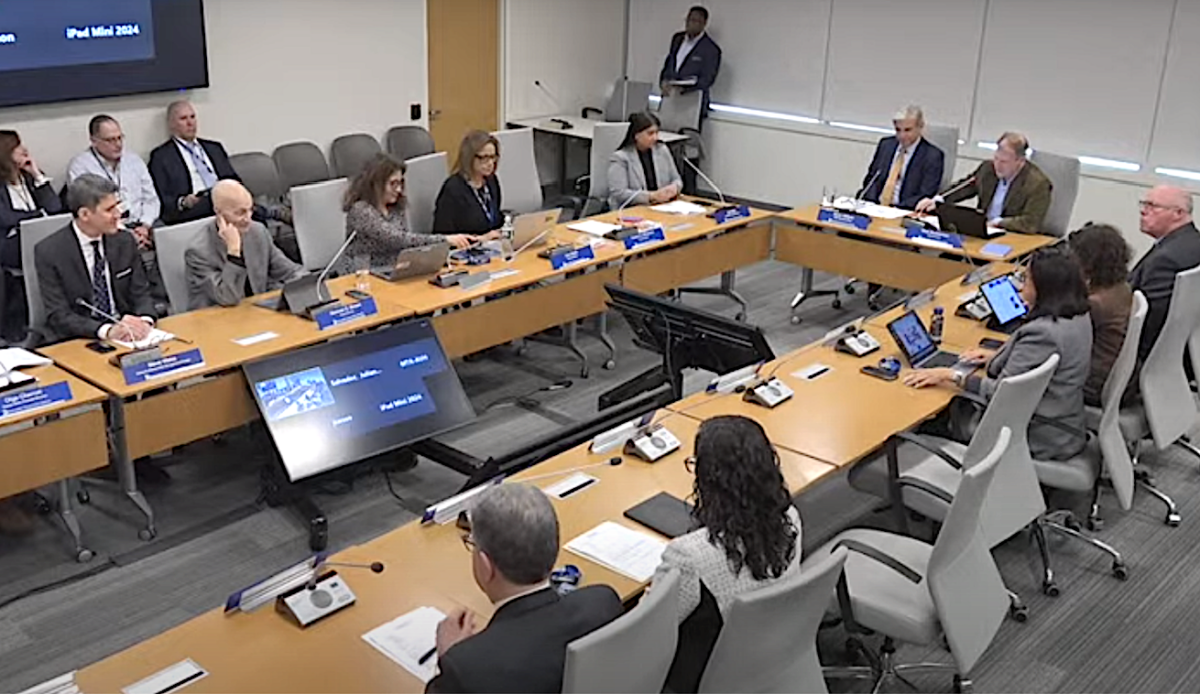The Metropolitan Transportation Authority’s (MTA) Finance Committee was told at its meeting Feb. 24 that the agency collected $48.6 million in tolls from vehicles entering the Manhattan Central Business District under its Congestion Pricing plan during 27 days in January.
There were $9.1 million in operating expenses that included items such as costs of operating the cameras and E-ZPass readers, customer service, collection of tolls by mail, and credit card fees. In addition, the MTA set aside $2 million in an accrual fund that has been amassing funds to be used at a later time. The Financial Committee was told that the net revenues from the initial period of the Congestion Pricing program came to $37.5 million.

The Finance Committee was told that 68% of the toll money came from passenger vehicles, 22% from taxis and vehicles for hire, 9% from trucks and 1% from buses and motorcycles.
In analyzing the toll collections by time of day, the MTA found that 95% of the tolls came from the peak periods of 5. a.m. to 9 p.m. on weekdays and 9 a.m. to 9 p.m. on weekends. The remaining 5% came from the time periods outside of the peak hours.
Based on the January collections, the MTA is projecting that it will have no trouble reaching $500 million in toll collections from Congestion Pricing for 2025, provided that the toll collection is allowed to continue. President Trump last week ordered the program killed and the MTA quickly filed a lawsuit in federal court t block that action. U.S. Secretary of Transportation Sean Duffy, who is one of he defendants in the lawsuit, said he might be amenable to allowing Congestion Pricing to continue but only if tolls are reduced.
In addition to Duffy, the lawsuit names as defendants Gloria M. Shepherd, who is executive director of the Federal Highway Administration, and the U. S. Department of Transportation and the Federal Highway Administration.
The lawsuit says, in part, that although the attempt to terminate Congestion Pricing “is clearly contrary to law, it is perhaps unsurprising given that the Trump Administration has attempted to take a number of unilateral executive actions that have been challenged in and stopped by the courts. These actions include attempts to freeze federal funding despite prior Congressional appropriations, to cut funding from the National Institutes of Health, and to redefine the Fourteenth Amendment’s citizenship guarantee in a move that one court called ‘blatantly unconstitutional.'”
The lawsuit alleges that the Trump Administration has unlawfully terminated the prior federal government agreement that the tolling program can proceed and that what is has done violates the Administrative Procedures Act and is arbitrary and capricious. The lawsuit also contends that the administration is violating the due process clause of the Constitution’s Fifth Amendment as well as the National Environmental Policy Act.




















